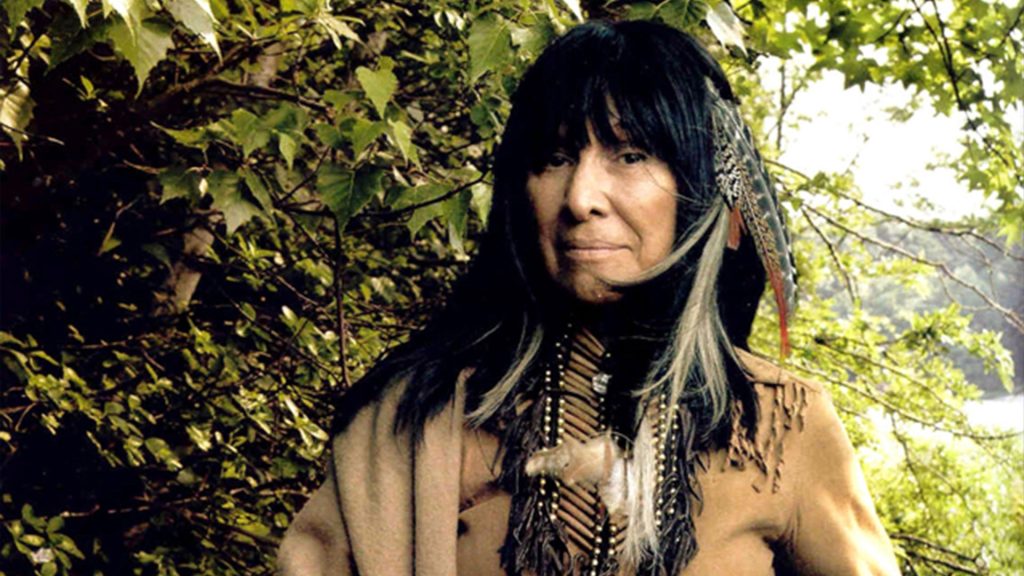
The Cree singer songwriter announced her retirement on twitter. Photo courtesy: Buffy Sainte-Marie.
Buffy Sainte-Marie has announced that she’s retiring from live performances.
A statement announcing her decision cited factors including travel-induced health concerns and performance-inhibiting physical challenges.
“I have made the difficult decision to pull out of all scheduled performances in the foreseeable future,” Sainte-Marie said in the statement. “Arthritic hands and a recent shoulder injury have made it no longer possible to perform to my standards.
“Sincere regrets to all my fans and family, my band and the support teams that make it all possible.”
The legendary singer-songwriter, who’s in her early 80s, suggested in September that performances in Ottawa and Vancouver were part of what she said was “probably going to be her last tour.”
https://twitter.com/BuffySteMarie/status/1687228690147495936
Sainte-Marie, in an interview with The Canadian Press at the time, said she was cutting back on flying, meaning fewer appearances, following a rough summer that included a bout with COVID-19 and being stranded at least twice as airlines experienced countless delays and cancellations.
“I’m not saying that I’m never going to perform again,” she had said. “It’s not like: ‘She’s going to retire.’ I’m not in the business world. I’ve retired many times without ever calling it retirement.
“I’m just going to hang it up.”
In 1969, Sainte-Marie founded a non-profit foundation dedicated to the improvement of Native American education and also wrote the peace anthem “Universal Soldier,” which spoke out against the Vietnam War.
The song has been covered by more than a dozen artists from around the world.
Read More:
A tour of the Buffy Saint-Marie exhibit in Winnipeg
Buffy Sainte-Marie hopes new honour helps boost Indigenous music
Sainte-Marie has collected numerous accolades over her career. In 2017, organizers at the Juno Awards honoured her for what she’s done for others.
The singer and social activist was the recipient of the Allan Waters Humanitarian Award.
The tribute is reserved for Canadian musicians who have left a positive impact on their community.
Organizers at the Canadian Academy of Recording Arts and Sciences said Sainte-Marie “exemplifies the essence of humanitarianism” through her dedication to protecting Indigenous communities and Indigenous intellectual property.
Since its first presentation in 2006, the humanitarian award has been given to artists that include Bruce Cockburn, Sarah McLachlan, Rush and members of Arcade Fire.
In 2015, she was the recipient of the Polaris Music Prize, an annual award handed out to musicians for albums of “distinction.”
The Cree artist and activist has roots in the Qu’Appelle Valley in Saskatchewan and was adopted by an American family from Massachusetts.
In 1982, Sainte-Marie became the first Indigenous person to win an Oscar as co-writer of “Up Where We Belong” for the movie “An Officer and a Gentleman.”
An upcoming music festival in British Columbia has already announced plans to replace her.
The City of Burnaby said in a statement that American indie-folk band Fleet Foxes will take Sainte-Marie’s spot in the Burnaby Blues + Roots Festival, which takes place Aug. 12.










